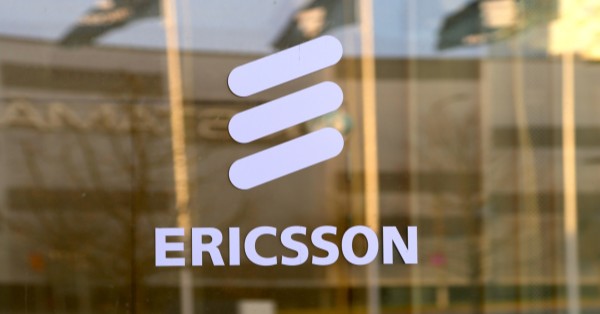How SK Telecom and Singtel are Harnessing Generative AI for Next-Generation Telecom Solutions
On July 8, 2024, SK Telecom (SKT) and Singtel signed a Memorandum of Understanding (MoU) to collaborate on developing cutting-edge telecommunications networks. This partnership is set to transform the telecom industry by leveraging artificial intelligence (AI), particularly generative AI, to enhance network performance, security, and customer experience.
Advancing Telecom with Generative AI Technology
The alliance between SK Telecom and Singtel aims to advance next-generation communication technologies such as 6G and AI infrastructure. Generative AI, a subset of AI that involves creating new data based on existing datasets, will play a pivotal role in this partnership. By employing generative AI, the companies plan to develop innovative solutions that will transform their network capabilities and service offerings.
Enhancing Network Capabilities with Edge-AI Infrastructure
One of the key initiatives in this collaboration is the development of Edge-AI Infrastructure. This technology reduces the computational load on the cloud by utilizing edge computing, which processes data closer to its source. Generative AI will be integrated into this infrastructure to perform AI inference, enhancing connectivity and enabling faster restoration of services. This will significantly improve the overall customer experience by offering unique AI-driven services and more reliable network performance.
Advancements in Network Virtualization and Slicing
SK Telecom and Singtel are also focusing on network virtualization and slicing. Network slicing allows for creating dedicated, customized network slices tailored to specific needs. This capability is crucial for meeting the diverse demands of various industries and applications. By leveraging generative AI, the partners aim to push the boundaries of network virtualization, developing a fully-disaggregated mobile network that is more flexible, cost-effective, and scalable.
Development of Standardized Telco APIs
The collaboration includes the creation of standardized telco application programming interfaces (APIs) facilitated by an Open Gateway. This interoperable and federated network with open standard APIs will accelerate the growth of services in fintech, identity, smart mobility, gaming, and Web3. Generative AI will be instrumental in developing these APIs, making it easier for developers to create and deploy new services seamlessly integrated into the networks.
Efficient Orchestration Platforms
Managing the complexity of future 6G networks requires efficient orchestration platforms. Singtel’s CUBE, a unified suite of network solutions, will be a cornerstone of this effort. This platform helps enterprises manage multiple services and vendors from a single digital portal. Generative AI will enhance these orchestration platforms by automating network functions and streamlining service delivery, thus improving operational efficiency and responsiveness.
Strengthening Global Telco AI Alliance for AI Transformation
SK Telecom and Singtel are founding members of the Global Telco AI Alliance, along with Deutsche Telekom, e&, and SoftBank Corp. This alliance aims to accelerate the AI transformation of the telecom industry and develop new AI-powered business models. In June 2024, the alliance members signed a Joint Venture agreement to co-develop and launch multilingual Large Language Models (Telco LLM) tailored to the needs of telcos. These models, powered by generative AI, will support various telecom operations and customer service aspects, driving innovation and efficiency.
Leading 5G Innovations with Generative AI Integration
Singtel has a proven track record of 5G leadership, with notable achievements such as the deployment of nationwide 5G Standalone coverage and commercial 5G network slicing at high-profile events. These advancements demonstrate the potential of integrating generative AI into telecom networks to enhance performance, scalability, and customer satisfaction.
By combining their strengths and focusing on generative AI, SK Telecom and Singtel are poised to lead the telecom industry into a new era of innovation and excellence. This partnership aims to improve current 5G capabilities and lays the groundwork for the seamless transition to 6G, ensuring that both companies remain at the forefront of technological advancement in the telecommunications sector.



























